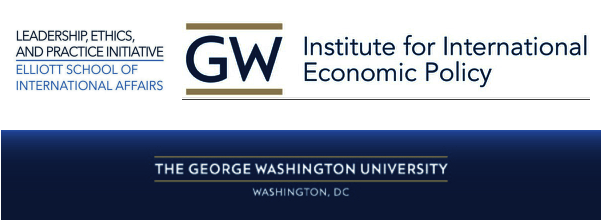February 2019
Shauna Downs, Jessica Fanzo, Jozefina Kalaj, Joachim Sackey, and Stephen C. Smith
Abstract: Mobile health (mHealth) interventions have the potential to improve infant and young child feeding (IYCF) practices; however, gaps in the literature remain regarding their design, implementation and effectiveness. The aims of this study were to: design a mHealth voice messaging intervention delivered to mothers and fathers targeting IYCF practices and examine its implementation and impact in households with children 6-23 months in three rural villages in Senegal. We conducted focus groups (n=6) to inform the intervention development. We then conducted a pilot study (n=47 households) to examine the impact of the intervention on IYCF practices of children 6-23 months. Voice messages were sent to the children’s mothers and fathers over a period of four weeks (2 messages/week; 8 messages in total), and 24-hour dietary recalls and food frequency questionnaires (FFQs) were conducted before and immediately after the implementation of the mHealth intervention to examine its impact on IYCF practices. Overall, 3 of the 8 behaviors increased and one decreased. There was a significant increase in the number of children that consumed fish (60% vs 94%; p=0.008) as measured by the 24-hour recall after the completion of the intervention. We also found significantly higher frequency of egg (p=0.026), fish (p=0.004) and thick porridge (p=0.002) consumption in the previous 7-days measured by the FFQ. Our findings suggest that voice messaging IYCF interventions in Senegal have the potential to improve IYCF behaviors among young children in the short term. Future research should entail scaling-up the intervention and examining its sustainability over the long-term.
JEL Classification: I15, O15; Q12
Keywords: Infant and young child feeding, mHealth, behavior change communication, nutrition, horticulture, farming groups


